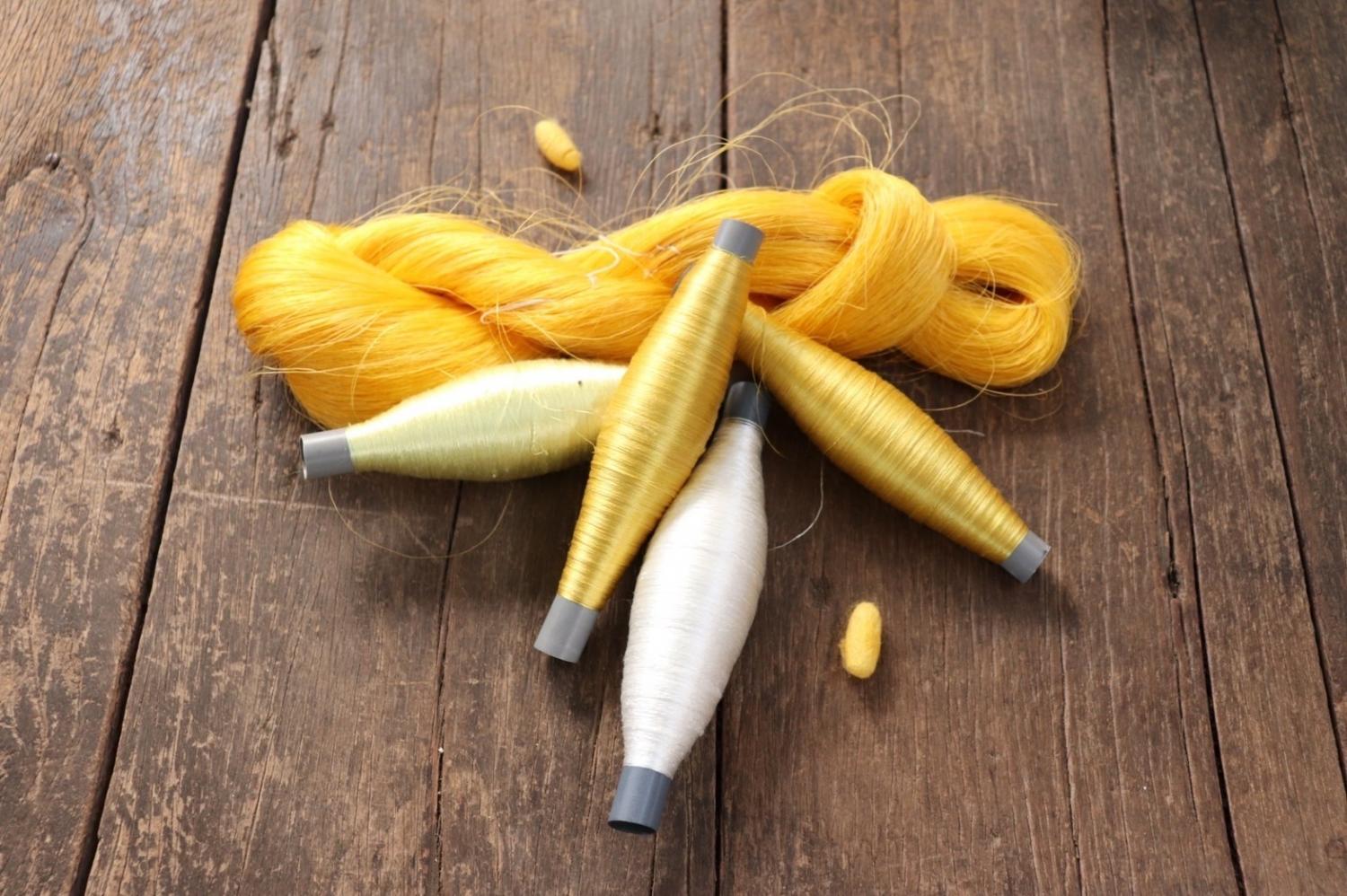
The Commerce Ministry pledges to continue promoting geographical indication (GI) products, aiming to raise sales of GI products including exports to more than 42 billion baht this year from 39 billion baht in 2021.
Vuttikrai Leewiraphan, director-general of the Intellectual Property Department, said the department has set a goal to approve the registration of 22 new GI products this year, 19 of which have been already registered in the first half of the year.
The newly-registered GI products include Phetchabun's sweet tamarind, Saraburi's Ban Mo Taro, Nam Dok Mai Si Thong mango from Chachoengsao, Tak's granite mortar, Nakhon Ratchasima's Pak Thong Chai Thai silk, Prachin Buri's Prachin pomelo and Kalasin's Nom Ban Phon jujubes.
GI is a distinctive certificate used to identify a product as originating in the territory of a particular country, region or locality that has unique characteristics or qualities, which can increase market value in developed countries.
Currently, there are 161 GI-registered products covering all 77 provinces nationwide.
There are as well seven Thai products with GI registration in foreign countries: Thung Kula Rong Hai hom mali rice; Doi Chaang coffee, Doi Tung coffee and Sangyod Muang Phatthalung rice in the EU; indigenous Isan silk yarn in Vietnam; Lamphun brocade silk in India and Indonesia and Phetchabun sweet tamarind and Doi Tung coffee in Cambodia.
Thai GI products being considered in foreign markets include Thung Kula Rong Hai hom mali rice, Pakpanang Tab Tim Siam pomelo and Phetchabun sweet tamarind in China; Doi Tung coffee in Japan; Phetchabun sweet tamarind and Lamphun golden dried longan in Vietnam; Doi Chaang coffee and Huay Mon pineapples in Japan; and Thung Kula Rong Hai hom mali rice and Sangyod Muang Phatthalung rice in Indonesia.
According to Mr Vuttikrai, Thailand last month submitted GI applications in Europe for wine made in Khao Yai to increase wine exports.
Four Khao Yai wineries registered for certification: GranMonte Vineyard and Winery, Village Farm, J&J Vineyard and Alcidini.
Khao Yai wines approved for GI must adhere to established winemaking standards, including the use of Vitis vinifera grapes grown only in the Khao Yai region, with no imported wine or other fruit juice added.
A total of 300,000-500,000 bottles of Khao Yai wine are produced every year, valued at 300-400 million baht.
Only GranMonte exports its products, mainly to Sweden, France, Japan, Taiwan and Singapore, with a value of about 10 million baht a year.
Mr Vuttikrai said successful GI registration in foreign countries will help protect Thai products in overseas markets and make them more attractive to buyers.